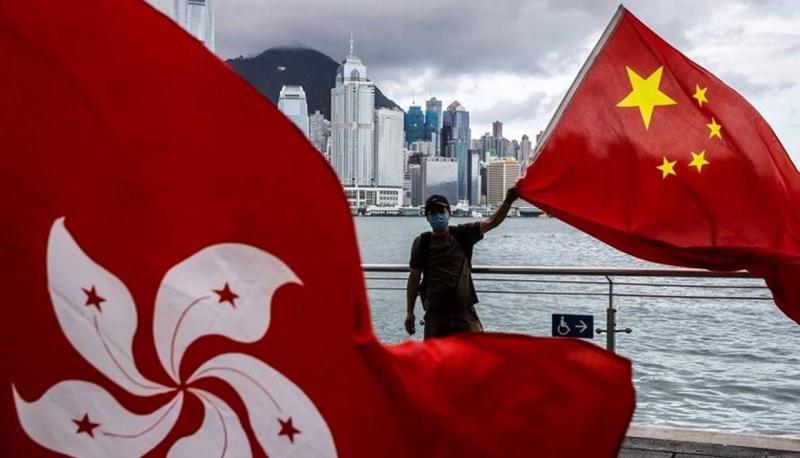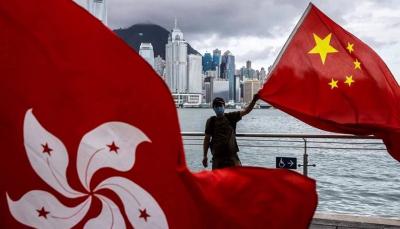The United States announced on Friday that it will impose new visa restrictions on several Hong Kong officials due to a crackdown on rights and freedoms in the region governed by China. A statement from U.S. Secretary of State Antony Blinken indicated that in the past year, China has continued to take actions against the high degree of autonomy promised to Hong Kong, as well as against democratic institutions and rights and freedoms in the city, including the recent enactment of the new national security law known as Article 23.
In response, Blinken stated, "The State Department is taking steps to impose new visa restrictions on several Hong Kong officials involved in the intensified repression of rights and freedoms." The statement did not specify which officials would be targeted.
In November, Hong Kong condemned a U.S. bill calling for sanctions against 49 officials, judges, and public prosecutors in Hong Kong involved in national security cases. Among those mentioned in the Hong Kong Sanctions Act are Secretary for Justice Paul Lam, Police Chief Raymond Siu, and judges Andrew Cheung, Andrew Chan, Johnny Chan, Alex Lee, Esther Toh, and Amanda Woodcock.
The United States has previously imposed visa restrictions and other sanctions on officials in Hong Kong accused of undermining freedoms and announced the termination of the special economic treatment that the region has long enjoyed under U.S. law. It also warned that foreign financial institutions engaging with them would face sanctions. The U.S. Hong Kong Policy Act requires the State Department to submit an annual report to Congress on the situation in the city.
**Closure of "Radio Free Asia"**
"Radio Free Asia," the U.S. government-funded outlet, announced the closure of its offices in Hong Kong amid concerns for the safety of its staff following the implementation of a new national security law in the city. The law, known as Article 23, enforces severe penalties for crimes such as treason, espionage, and foreign interference, and will be applied in conjunction with the version imposed by Beijing in 2020, which led to almost all forms of opposition being suppressed in Hong Kong.
Bay Fang, president of "Radio Free Asia," stated that the radio network has closed its offices and no longer has full-time employees in Hong Kong, citing "concerns regarding the safety of staff and reporters." She added that "the actions taken by Hong Kong authorities, including labeling Radio Free Asia as a foreign agent, raise serious questions about our ability to operate safely with the activation of Article 23."
A spokesperson for the Hong Kong government declined to comment but stated that the authorities "strongly reject and condemn any statements that involve intimidation and vilification" of the national security law. Chris Tang, the Secretary for Security in Hong Kong, criticized "Radio Free Asia" last month for "distorting" Article 23 when it mentioned that some of the new crimes in the law target the media. When asked whether "Radio Free Asia" had violated the law, Tang later responded that he wanted to alert the public to misinformation being spread by "foreign forces."
Founded in 1996 and headquartered in Washington, "Radio Free Asia" broadcasts in nine Asian languages with the aim of providing news coverage for places that restrict media freedom. Fang stated that "Radio Free Asia" will continue to cover Hong Kong but in the same manner it deals with closed media environments where the organization cannot employ staff. The American radio station is the first foreign media outlet to publicly announce the closure of its offices in Hong Kong since the new national security law came into effect on March 23. Hong Kong officials defended the new security legislation as necessary to "address" security gaps.




